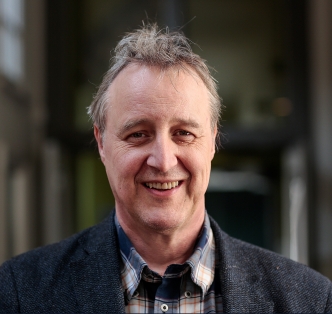Balancing between theoretical autonomy and practical engagement
Join a workshop about practical issues and ethical concerns in community-engaged research by prof. dr. Tsjalling Swierstra.
In this workshop prof. dr. Tsjalling Swierstra will share his experience in making anticipatory knowledge available and how to balance between science, ethics, politics and community. Furthermore there will be an interactive discussion with case studies of your own to develop solutions to overcome common challenges regarding community-engaged research.
When: Thursday 21 November, 16:30-18:00
Where: Tongersestraat 53, Room A 0.23
Registration: please register here
-

Expertise
Swierstra's field of interest is the ethics and the politics of new and emerging science and technology (NEST). He has published on moral controversies regarding cloning, new reproductive technologies, genomics, food technologies, nanotechnology, synthetic and system biology, artificial gametes, neuroscience, and converging technologies . The philosophical problematic driving his research is: how to analyse, evaluate, and anticipate the mutual shaping of science and technology, and ethics and politics? And how to make this anticipatory knowledge regarding ‘technomoral change’ available to technologists, policy makers, and the larger public? As part of this endeavour he has authored reports and developed ‘technomoral’ scenarios for several public engagement events regarding genomics, nanotechnology, and synthetic biology.
Biography
Tsjalling Swierstra (Phd, Philosophy, MS Philosophy, MS Political Science) is head of the Philosophy Department at the University of Maastricht and adjunct professor at the NTNU in Trondheim. He published widely on the ethics of emerging technologies, and on the mutual shaping of technology and morality (TechnoMoral Change). He is member of the Dutch Science Foundation Board coordinating the Dutch Responsible Research & Innovation programs, and co-founded The Journal for Responsible Innovation. He has worked with engineers and citizens in numerous deliberative projects on genomics, nanotechnology, cyberphysical systems, and - recently - smart cities.
